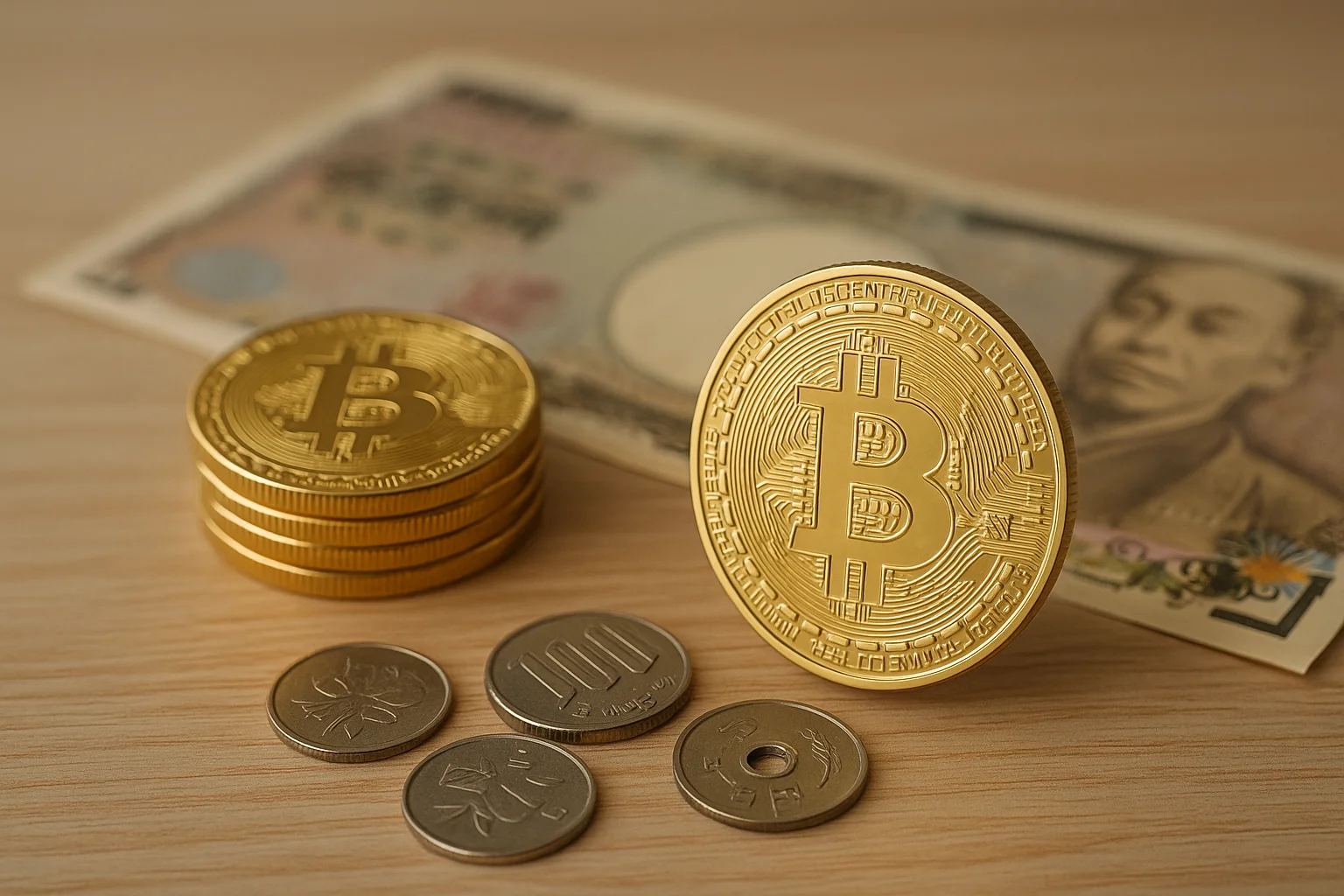Japan is preparing a new and comprehensive regulatory package to make the cryptocurrency market more secure. The Financial Services Agency (FSA) is working on a draft law requiring cryptocurrency exchanges in the country to establish mandatory liability reserves to protect users. This regulation aims to provide additional protection against losses, particularly those resulting from hacking attacks and operational errors.
The FSA's recommendation will be included in the Financial System Council report to be convened on Wednesday. The report is expected to accelerate the regulatory process, and the relevant law is expected to be submitted to parliament during the regular Diet session in 2026.
Japan already requires exchanges to hold user assets in cold wallets. However, cold wallet security isn't the solution. In 2024, the local exchange DMM Bitcoin lost approximately $312 million due to a breach involving Tokyo-based software company Ginco. This incident has once again demonstrated that asset custody measures alone are not sufficient. The FSA's new move aims to fill precisely this gap. With the new regulation, crypto exchanges will be required to establish emergency reserves to cover losses incurred by users as a result of potential attacks or technical glitches. The scope, oversight, and size of these reserves will be determined by the FSA. According to officials, the aim is to increase market confidence among both individual investors and institutional players by establishing a more robust trust infrastructure in the sector.
Japan Takes Action on Crypto Regulation
In recent months, Japan has taken numerous steps to restructure not only security but also the sector's structure. The FSA announced that it is considering removing crypto assets from the current Payment Services Act and placing them under the Financial Instruments and Exchange Act. If this change is implemented, cryptocurrencies would gain full financial product status, similar to stocks and bonds.
Tax reform is also on the agenda. A flat 20% tax rate is planned for digital asset gains. This approach could align crypto income with stock gains, creating a more predictable tax framework for investors.
Meanwhile, Japan is also placing strategic importance on the stablecoin market. The country's first yen-backed stablecoin, JPYC, recently launched. New stablecoin projects, including those involving major local banks, are in the testing phase. Regulators believe that fiat-backed stablecoins will become a significant part of future payment systems.
This market transformation has also spurred action from asset management companies. According to Nikkei, six major Japanese portfolio managers, including Mitsubishi UFJ Asset Management and Daiwa Asset Management, are preparing to launch the country's first crypto investment funds.




